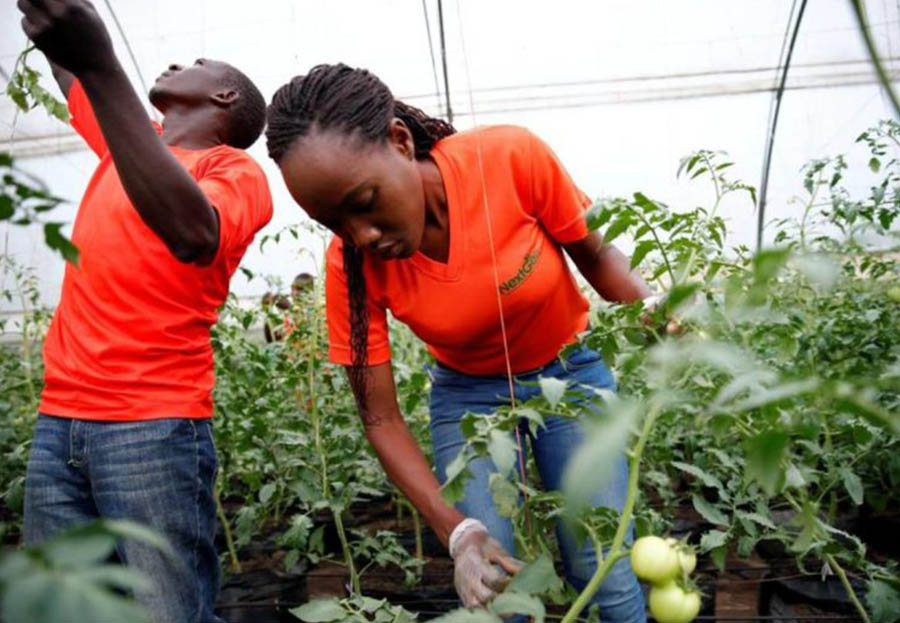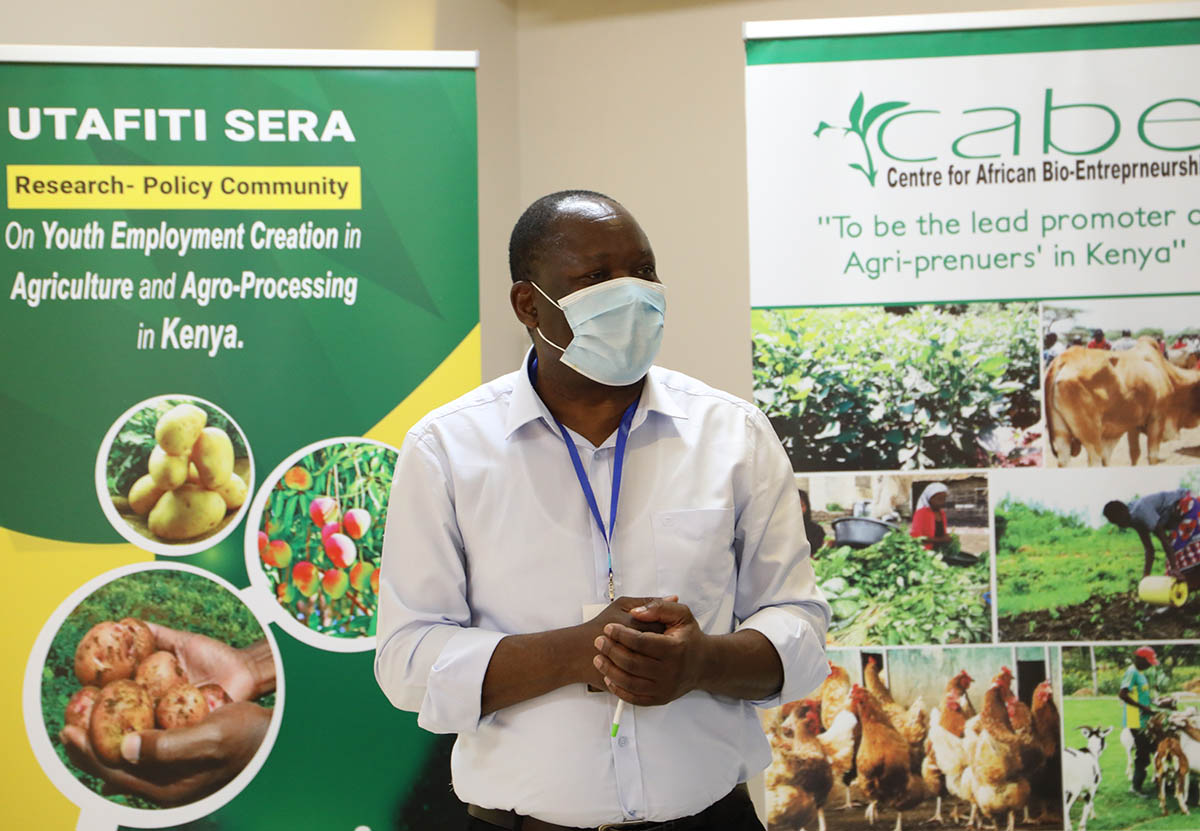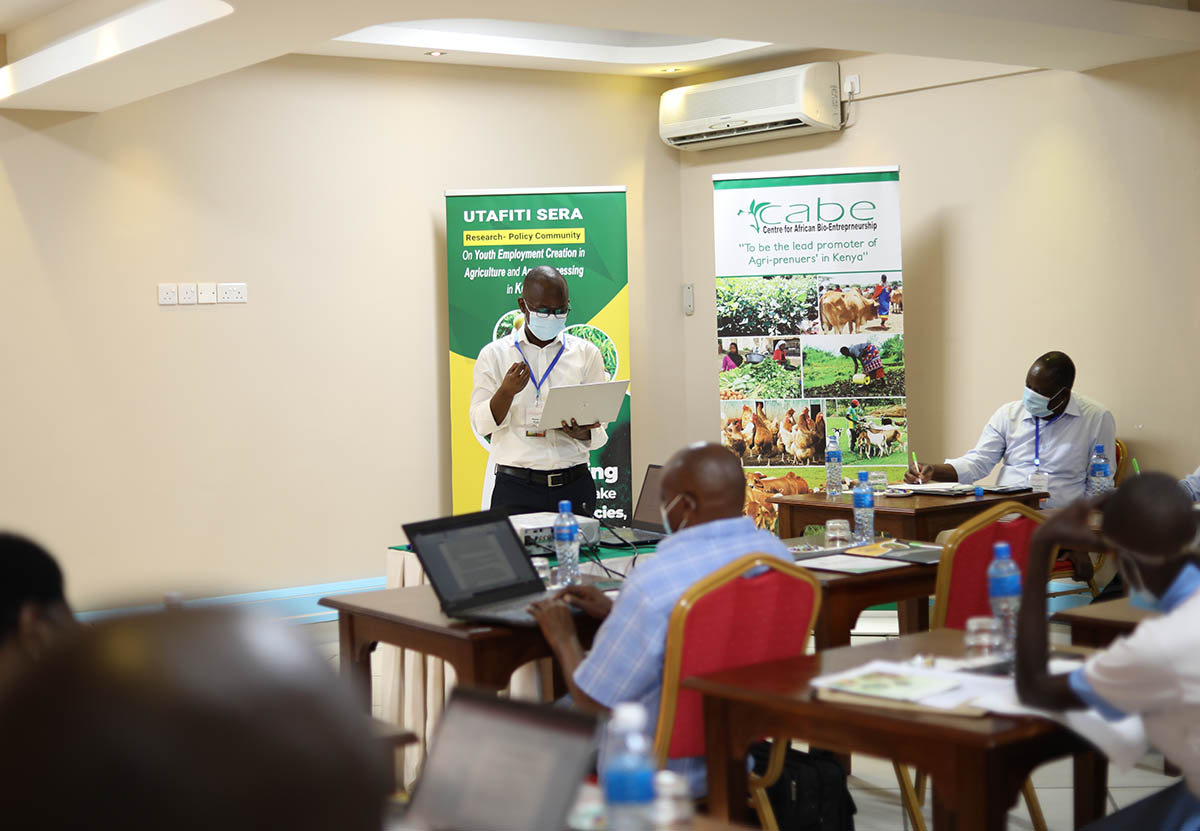This was after the realization that agriculture remains a key employer and could be significantly enhanced by strengthening linkages with industry through agro-processing and agro-innovation to make it more attractive to the youth and connect them to a wider range of economic opportunities.
Through interactive processes the House will actively engage, synthesize and make available the relevant evidence to the youth and other actors in selected agricultural value chains to inform policy and practice through engagement and communication for impact on job creation. The House activities are inspired by the successes registered during the two phases to design a well thought out activities on youth employment creation in Kenya and works closely with policy actors to bridge the gap between research evidence being produced in this area and public policy and practice. Youth employment creation house is being implemented in Kenya and majorly focussing in counties where mango and potatoes are largely grown such as Makueni, Nyandarua, and West Pokot.
The House represents a diverse set of stakeholders including representatives of national and county governments ministries, members of parliament and county assembly, legal experts, academics, public intellectuals, development partners and agencies.
The house is guided by the following objective;
To build evidence, facilitate policy dialogues and sustain a vibrant research, policy and practice community, for increased youth employment creation in agro-processing through the potato and mango value chains in Kenya.
Specific objectives include;
- Review of policy and regulations to identify gaps, challenges and document opportunities for youth employment creation in agro-processing for potato and mango value chains in Kenya
- Establishment of Learning Exchange and Resource Networks (LERNs) on youth employment creation in Kenya.
- Use evidence to engage policy actors and processes to tackle specific policy and regulatory bottlenecks affecting youth enterprises in agro-processing for potato and mango value chains in Kenya.
- Document lessons on policy culture related drivers and inhibitors of evidence use in employment creation within agro-processing for potato and mango value chains in Kenya.



